Found in a paperback reprint ( 1952) of Rieu’s translation of The Odyssey is a typewritten carbon copy of a letter to the translator from John Symonds, the biographer of Aleister Crowley, dated 22nd September 1961. Alongside it is Rieu’s handwritten reply to Symonds from his home at Hurst Avenue in north London, dated six days later.
Such items are rare. Editors rarely reply to letters from readers. I once received a very long typed reply from the poet and writer on art, Edward Lucie- Smith, not long after his Penguin anthology of contemporary poetry came out. I can’t recall exactly what I objected to, but I think it was something to do with the fact that Lucie-Smith had had the audacity to include a comparatively young poet — Geoffrey Hill—while excluding a veteran of the Auden generation, Geoffrey Grigson. I must have made a cogent case because Lucie-Smith’s friendly reply was much longer than my original letter to him.
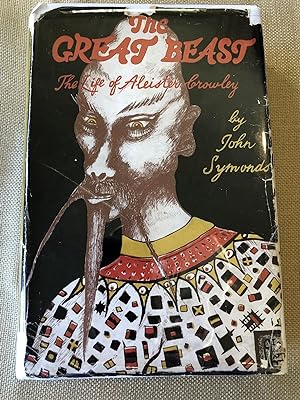
Symonds’ letter to Rieu turned on an objection, not to the quality of the translation, but to the character of Odysseus. Here is the letter in full:-
Dear Sir,
‘ Some years ago I bought your versions of THE ODYSSEY and THE ILIAD, and put them on a shelf beside my bed, intending one night to begin reading them, and thus fill a literary gap. And there they remained until this month when I took down THE ODYSSEY, removed the paper wrapper, felt the fine blue cloth binding, gazed at the clear print and began reading.
Splendid and immortal yarn! But what a barbarian Odysseus is. He is like a comic-strip superman of the Daily Mirror. And then I came to Book XXII which you describe in your introduction as ‘ the magnificent climax ‘. What is magnificent about it ? The cruelty of Odysseus appalled me. Merciless butcher, without charity! He won’t even spare the tearful women. The horror described on page 324 made me feel sick and I flung the book into the fireplace.
I shall apply myself, somewhat warily, to THE ILIAD.
Yours truly,
John Symonds.
Continue reading

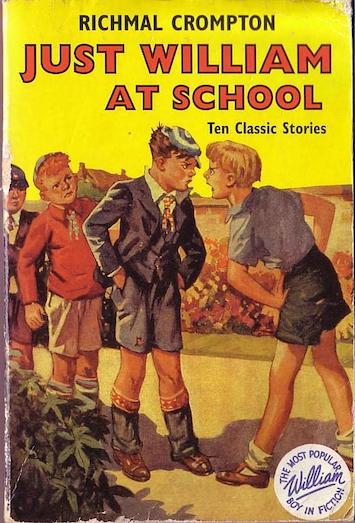
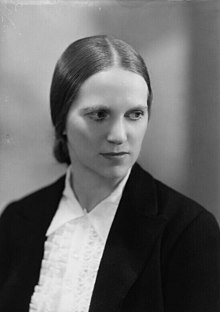
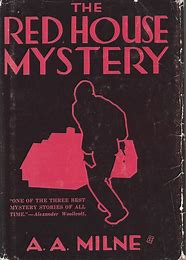
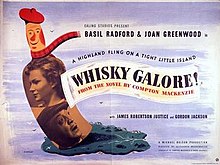 Compton Mackenzie is not a writer who raises much interest among readers nowadays. Few literary people today could name more than two of his many novels, the most famous of which, Whiskey Galore, was made into a hit film. However, back in the early fifties, readers of his article, Tricks of the Trade ‘, which appeared in the January 1953 issue of The Writer, would have lapped up this very frank account of his daily writing routine, which retains its interest today.
Compton Mackenzie is not a writer who raises much interest among readers nowadays. Few literary people today could name more than two of his many novels, the most famous of which, Whiskey Galore, was made into a hit film. However, back in the early fifties, readers of his article, Tricks of the Trade ‘, which appeared in the January 1953 issue of The Writer, would have lapped up this very frank account of his daily writing routine, which retains its interest today.
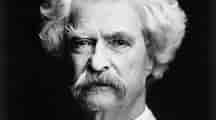

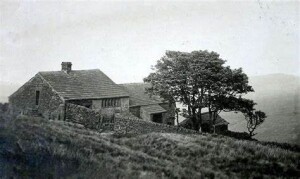
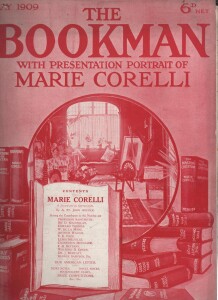
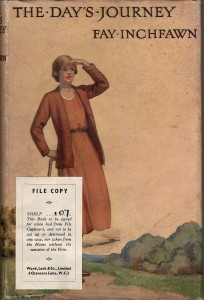 Discovered at Jot HQ is this first edition of one of the ‘Homely Woman’ pocket volumes by the prolific female writer Fay Inchfawn ( aka Elizabeth Rebecca Ward, 1880 – 1978), whose work is forgotten now, but whose books, which included popular verse, religious works and children’s literature, were once, to quote the blurb from her publisher Ward, Lock & Co in 1947, ‘to be found in countless homes, for more than half a million have been sold’.
Discovered at Jot HQ is this first edition of one of the ‘Homely Woman’ pocket volumes by the prolific female writer Fay Inchfawn ( aka Elizabeth Rebecca Ward, 1880 – 1978), whose work is forgotten now, but whose books, which included popular verse, religious works and children’s literature, were once, to quote the blurb from her publisher Ward, Lock & Co in 1947, ‘to be found in countless homes, for more than half a million have been sold’.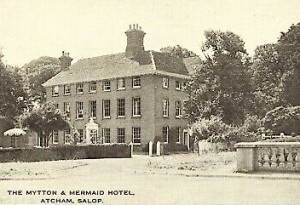
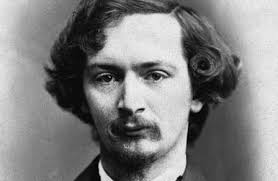 In the April 24th 1942 issue of John O’London’s Weekly can be found a perceptive view by the essayist Robert Lynd on the subject of risible poetry written by good poets. He takes his cue from an incident a century before when Thomas Wakley, the founder of the Lancet, stood up in the Commons to mock some puerile lines from ‘Louisa’ by the Poet Laureate, William Wordsworth.
In the April 24th 1942 issue of John O’London’s Weekly can be found a perceptive view by the essayist Robert Lynd on the subject of risible poetry written by good poets. He takes his cue from an incident a century before when Thomas Wakley, the founder of the Lancet, stood up in the Commons to mock some puerile lines from ‘Louisa’ by the Poet Laureate, William Wordsworth.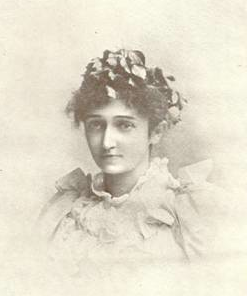 found on her lap following her suicide, aged just thirty, in December 1905. When discovered she was sitting in a comfortable chair dressed in a silk evening gown with fresh flowers in her hair. By her side was an empty bottle of phenol (carbolic acid), the poison of choice (bleach was another) for many suicides in the UK at that time, due to its availability and quick, but painful, action.
found on her lap following her suicide, aged just thirty, in December 1905. When discovered she was sitting in a comfortable chair dressed in a silk evening gown with fresh flowers in her hair. By her side was an empty bottle of phenol (carbolic acid), the poison of choice (bleach was another) for many suicides in the UK at that time, due to its availability and quick, but painful, action.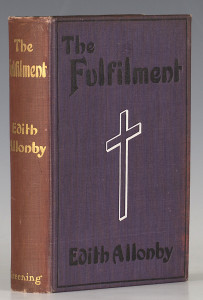
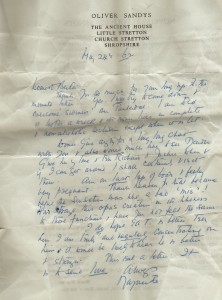
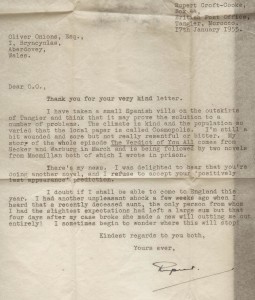 between consenting adults were made legal, many men from all backgrounds, including actors, writers and at least one famous mathematician, were prosecuted and sometimes jailed. The persecution of Dr Alan Turing, the genius who helped the UK win the Second World War, is a shameful blot on the English penal system, but another victim of the law whose conviction has aspects in common with that of Turing is the less well-known writer Rupert Croft-Cooke (1903 – 75).
between consenting adults were made legal, many men from all backgrounds, including actors, writers and at least one famous mathematician, were prosecuted and sometimes jailed. The persecution of Dr Alan Turing, the genius who helped the UK win the Second World War, is a shameful blot on the English penal system, but another victim of the law whose conviction has aspects in common with that of Turing is the less well-known writer Rupert Croft-Cooke (1903 – 75).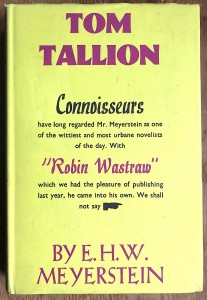
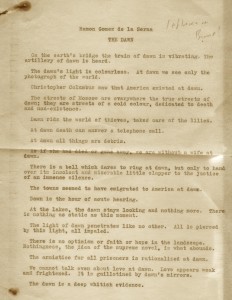 poem entitled ‘The Dawn’ by the famous Spanish experimental writer
poem entitled ‘The Dawn’ by the famous Spanish experimental writer